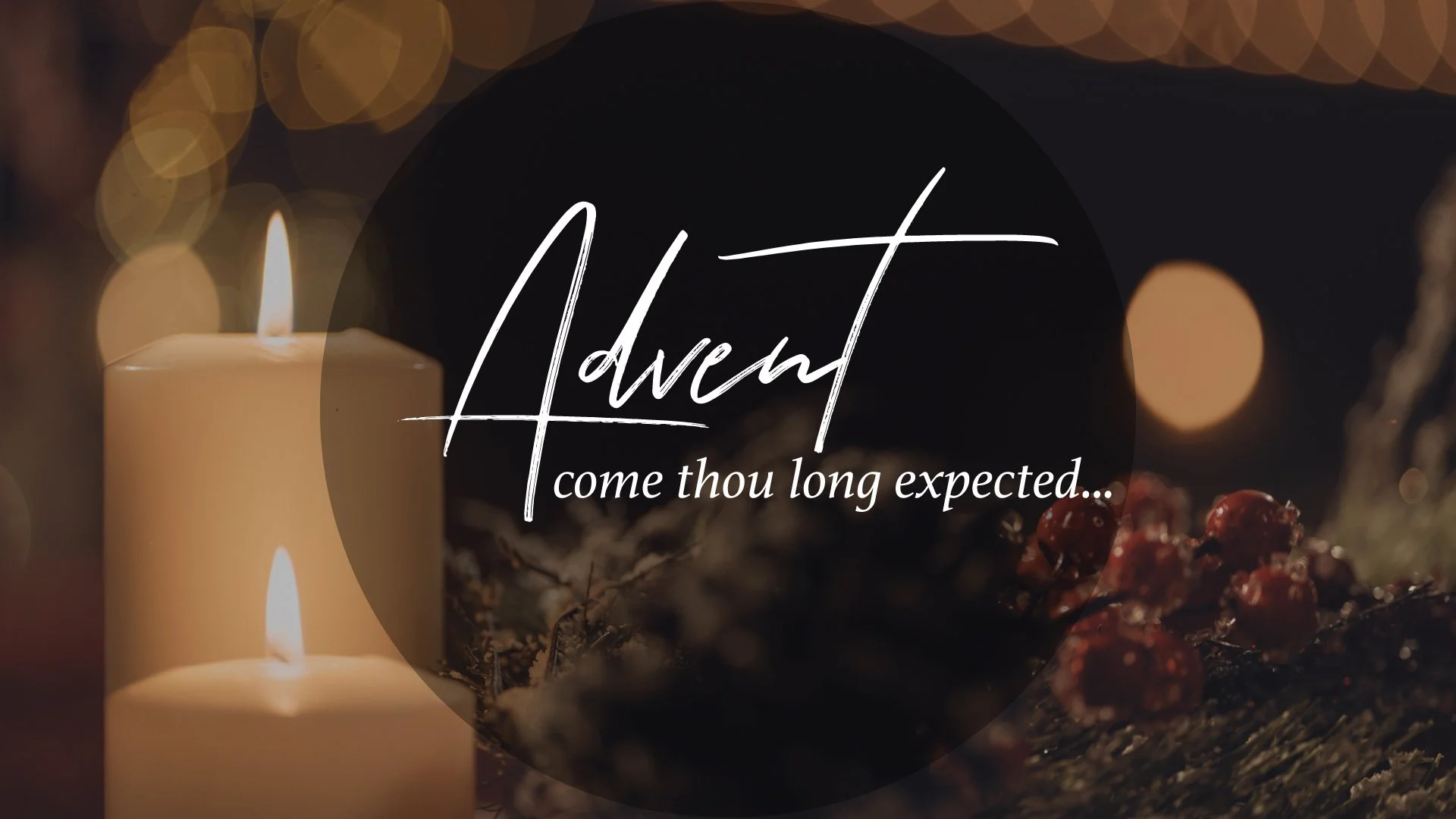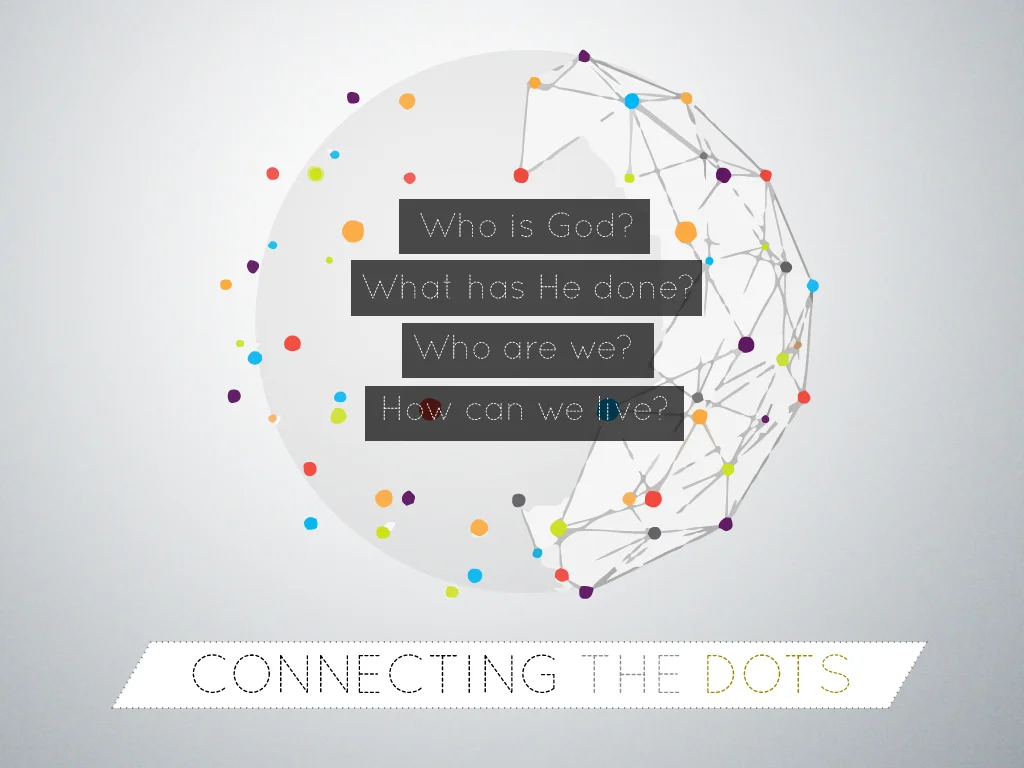Titus two
What does it look like to live as followers of Jesus in a culture that is so counter to that? Titus 2 has a couple things that may be difficult to swallow in our culture, but when we understand the culture it was written to and the heart behind living as a display people of God, we may gain a better understanding of how we live counter-culturally today.
Jesus: Our Hope
The Disruptive Gospel
Worship, Not Works
In Acts 15, the council of apostles and leaders of the earliest community of Jesus followers had a question before them: ‘What determines whether a person is in Christ or not?’ Their answer: ‘The grace of God through the work of Jesus, not through our own work.’
This meant that the religious rules they had been taught to follow their entire lives, though they had their place, were not what saved them. This also meant the things that had distinguished Jews from the rest of the world as God’s own people were no longer dividing lines. Most of all, this meant that all people were welcome into the Kingdom of God as they recognized Jesus as King.
It is our worship of Jesus that saves us, not our works.
To Ephesus
In the book of Revelation, we find we are reading someone else’s mail. Jesus sent a message through John to specific churches in Asia Minor. Ephesus was the first stop. They were standing strong in the truth in the midst of an idolatrous culture. But they had neglected to walk in actionable love for one another. Jesus wanted to call them back, in his love, by his grace.
Remember and Reaffirm
Anthony takes us through the last supper, helping us see how the Passover meal was a way for Israel to remember what God had done for them in Egypt and reaffirm who they were as God's people. When Jesus took this meal with his friends the night he was betrayed, he brought its' significance to a whole new level for us. Now we take the bread and wine to remember what Christ has done for us and reaffirm who we are in Christ.
Psalm 19 - God in Creation
BLESS Rhythms
Hope for the Hurting
Paul wrote again to the small oppressed church in Thessalonica, continuing to encourage them in their faith, love, and hope. Their faith and love had continued to show strong, but in the midst of oppression and false teachers they struggled to hold onto hope. Paul's reminder and assurance is that Jesus is indeed coming back and when he does, he will put an end to the injustice and set all things right.
Psalm 89 - God's Promises
Gospel Mission
4) How We Now Live
All humans live our lives with daily rhythms that shape us. Everyone eats. Everyone listens to something or someone. Everyone has something to say. In light of who God is, what He has done for us in Christ, and who He has made us to be, what does it look like for us to do those things in line with our new identity? What if we did those things with an intentionality of sharing the good news of Jesus? Because of Christ, we can live out our BLESS rhythms of Blessing, Listening, Eating, Speaking, and Sabbathing for the glory of God.
Pharisee and Tax Collector
Remember Your Creator
As we near the end of the wisdom of the Preacher, he tells us to enjoy the days of our youth which are a gift from God. Yet, do so knowing that everything you do under the sun will come under judgement of God. Turning the chapter he uses beautiful poetry to remind us that those days of youth are also fleeting and we will all age unto death. What is the key to life? Remember your Creator in your youth and in your aging.
Psalm 127
Faith Fights Against Favoritism
James continues to encourage God's people to become "perfect and complete" (1:4), wholehearted in their devotion to God as they love others, especially the poor. In this section James teaches that followers of the "Lord Jesus Christ" (2:1) will not show favoritism, for faith in Christ is in no way compatible with partiality toward others. Real faith fights against prejudice. Real faith produces self-giving love. The Christian community is under the "law of liberty" and now free to demonstrate equalizing love in a world that thrives on status and privilege. In addition, the people of God are to be known for their solidarity with the poor and vulnerable, showing utter dependence on God in a world of self-sufficiency.
















